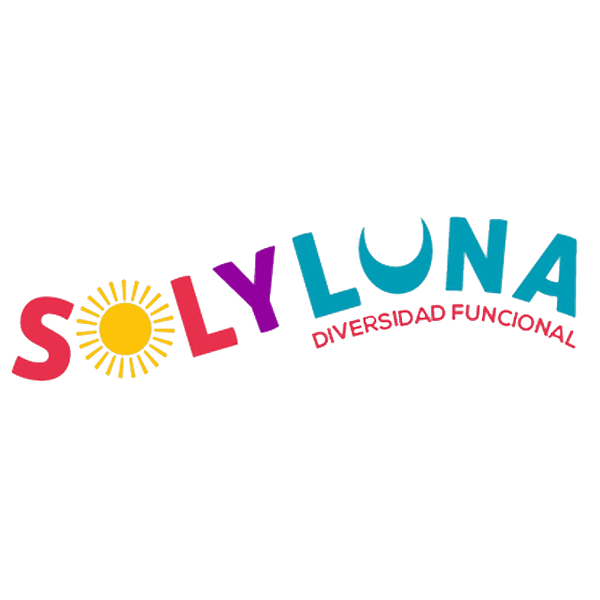National Hispanic Heritage Month

In 1968, Congress passed a law authorizing a National Hispanic Heritage Week to cover the dates of September 15 (when five Central American nations declared their independence from Spain in 1821) and September 16 (when Mexico declared independence from Spain in 1810), and the first commemoration was duly authorized by President Lyndon Johnson. Twenty years later, a new law signed by President Ronald Reagan expanded the commemoration to encompass the month running from September 15 through October 15, establishing the modern National Hispanic Heritage Month.
Crane research on early childhood, and the Hispanic and Latine experience in the U.S.

Spanish is the most widely spoken language other than English in the United States. According to the Census Bureau, nearly one in seven U.S. residents speaks Spanish at home. Children in Spanish-speaking households often experience English as the language of instruction in preschool. Early childhood educators need to be aware of the different experiences faced by dual language learners, an issue that Crane research has examined.
Crane researchers have also looked at how to make the transition to kindergarten more successful for young students. That transition can be more challenging for children who primarily experience home-based care in the year before kindergarten, as well as for families where English is not the language spoken at home. For Hispanic families, Crane researchers found that including home visits in a kindergarten-transition intervention led to more positive teacher perceptions of parent involvement and parent-teacher relationships, factors that can ease a child’s transition to kindergarten.
SOLYLUNA Book Reading Club

Crane Center Executive Director Dr. Laura Justice, working with the nonprofit Solyluna Foundation of Mérida, Mexico, developed a book reading club to promote families’ access to books for young children in the Yucatán Peninsula. The books, bilingual in both Spanish and Maya, the indigenous language of the region, are improving early literacy skills in an area of high illiteracy. To make the reading club self-sustaining, the program also included educating local “mother trainers” to help parents learn about enjoyable ways to share the books with their children as well as promoting other literacy activities.
“We need to help students and parents cherish and preserve the ethnic and cultural diversity that nourishes and strengthens this community — and this nation.”
— Cesar Chavez (1927-1993), labor leader and civil rights activist
